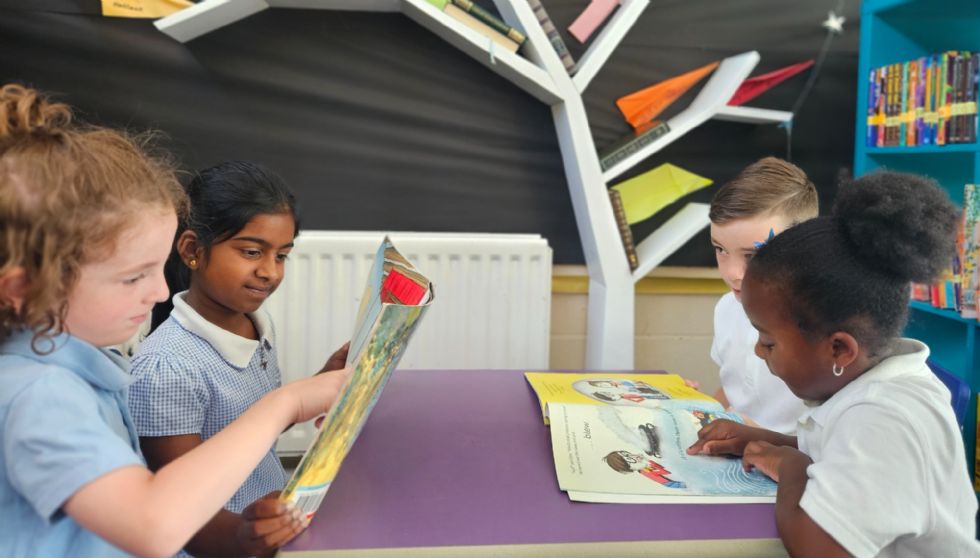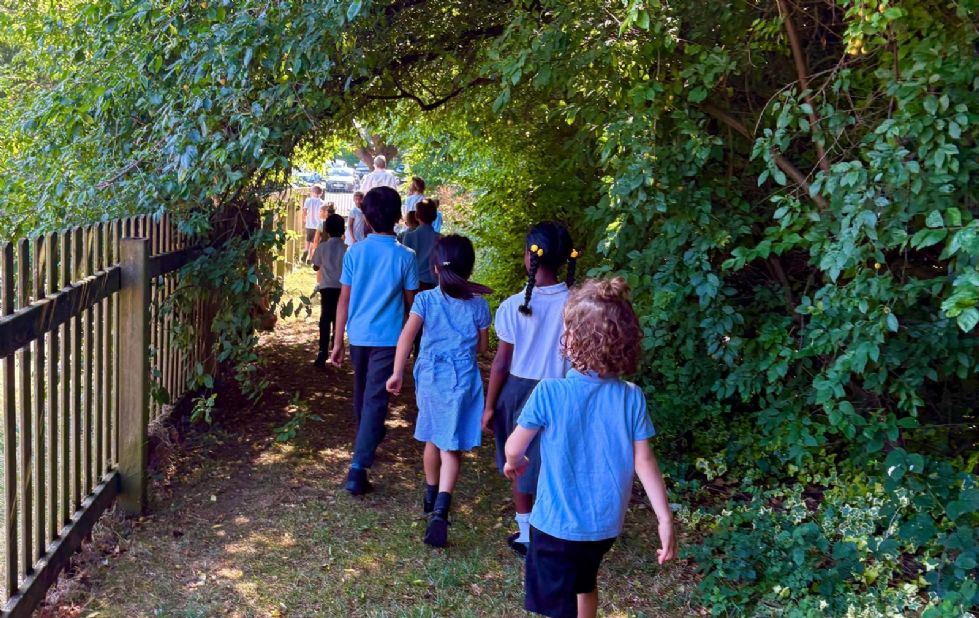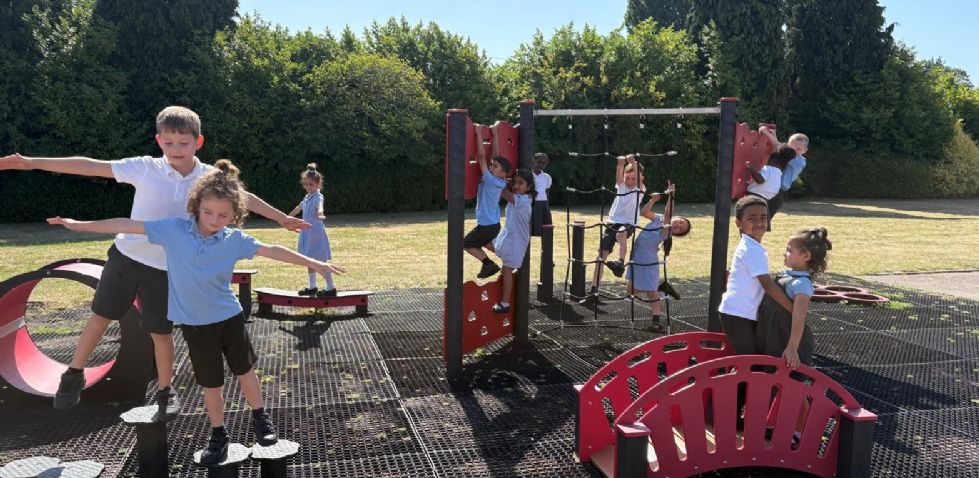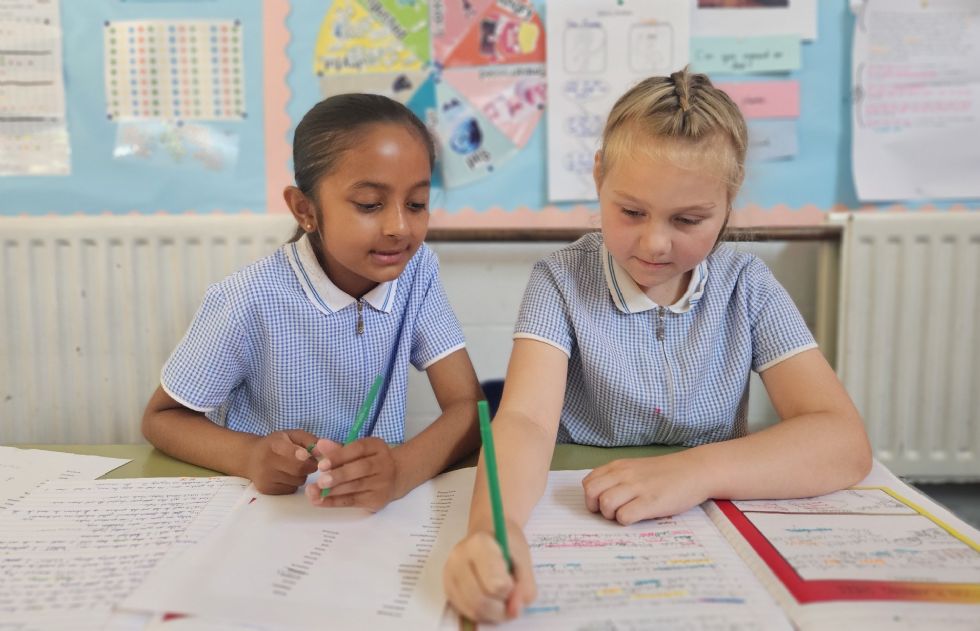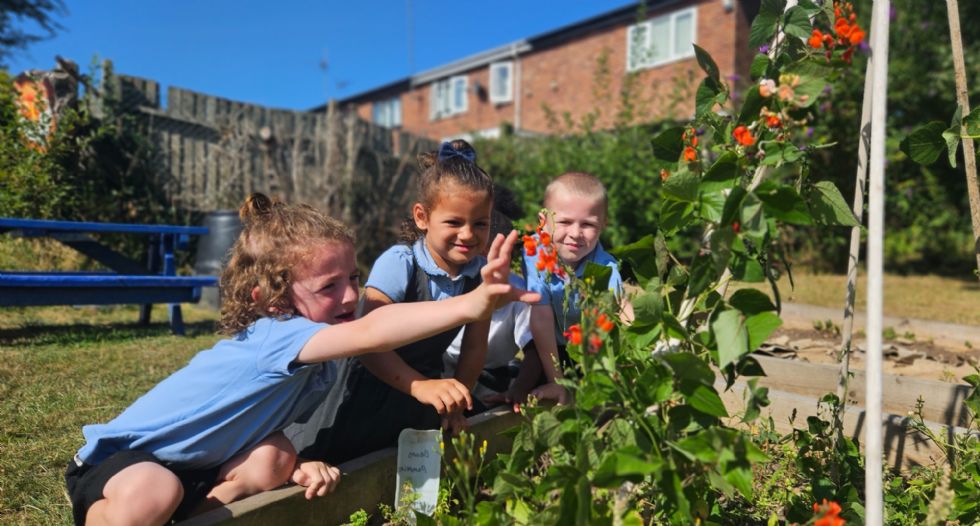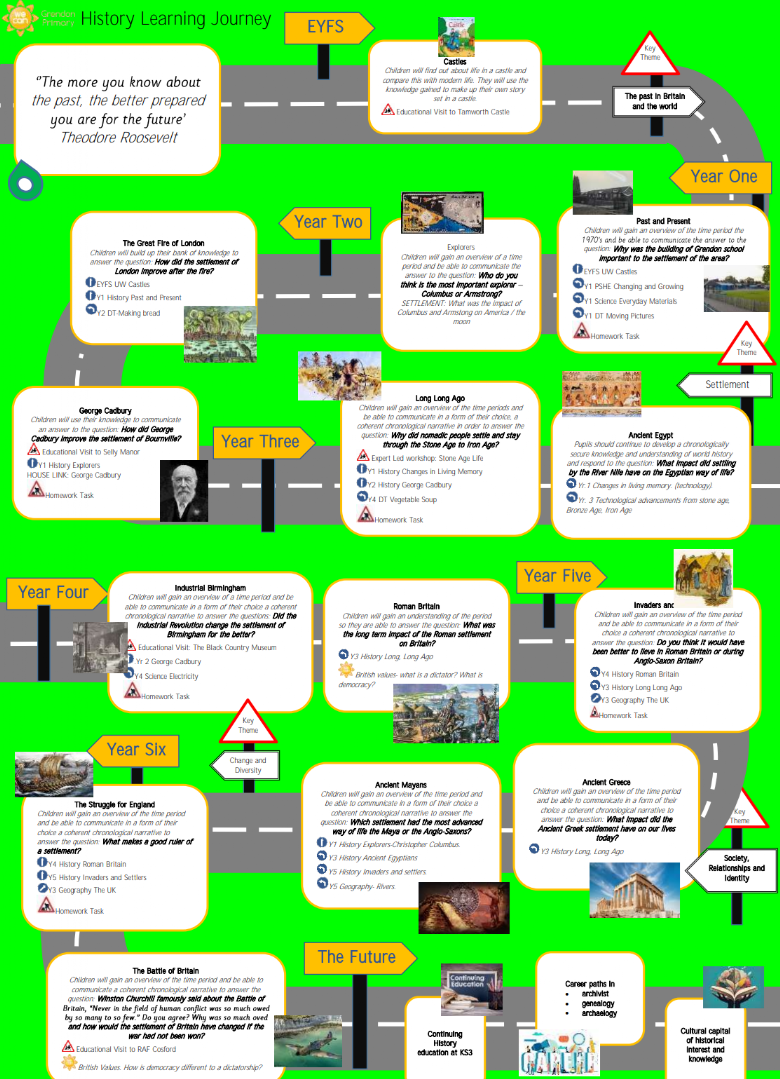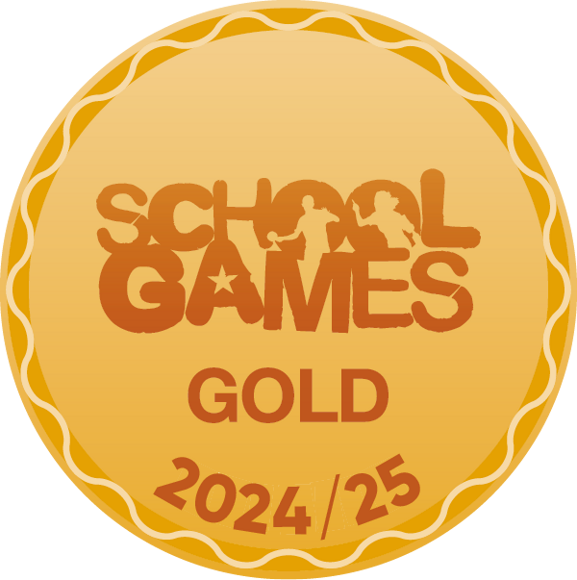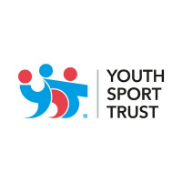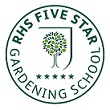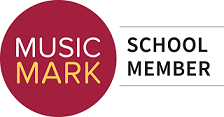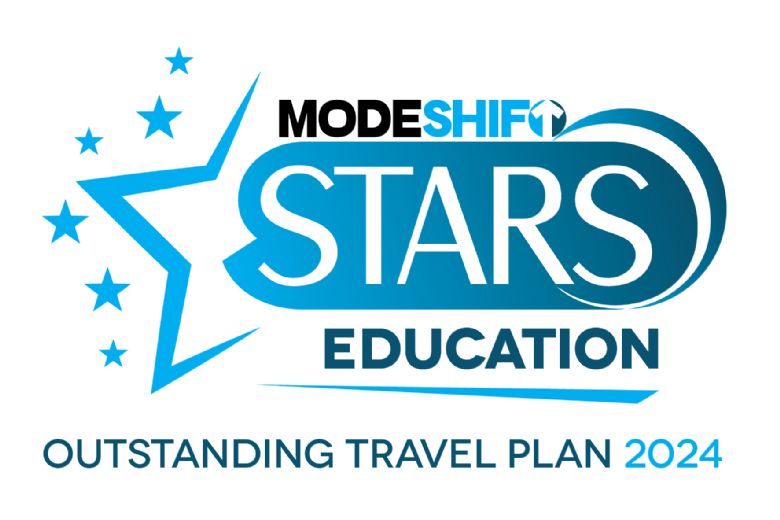History
“The more you know about the past, the better prepared you are for the future”
Theodore Roosevelt
A high-quality history education will help pupils gain a coherent knowledge and understanding of Britain’s past and that of the wider world. It should inspire pupils’ curiosity to know more about the past. Teaching should equip pupils to ask perceptive questions, think critically, weigh evidence, sift arguments, and develop perspective and judgement. History helps pupils to understand the complexity of people’s lives, the process of change, the diversity of societies and relationships between different groups, as well as their own identity and the challenges of their time. (NC2014)
WE CAN provide teaching that develops knowledge and skills so children can learn and progress effectively
In Reception, EYFS History is taught under the Understanding the World area of learning.
In Years 1-6 History is taught in two blocked units each year. For Year 5, there are 3 blocked units. Pupils in Key Stage 1 and Key Stage 2 follow the National Curriculum and all content has been divided between the year bands to ensure a progressive curriculum.
Our History curriculum is planned so that children learn about UK history chronologically before expanding this to learn about significant aspects of the history of the wider world. Priority has been given to historical events and figures of local interest.
A key theme of settlement runs through our units of learning. This embedded in the learning questions at the end of units. Revisiting this key theme enables children to make links at increasing depth and to gain historical perspective in different contexts.
In the EYFS, children learn to observe their immediate surroundings, describe similarities and differences and talk about changes they notice.
In KS1, children learn about significant events beyond living memory both nationally and globally.
In Lower Key Stage 2, children complete work on changes in Britain from the Stone Age through to the Iron Age. They continue their understanding of world history through the study of the Ancient Egyptians.
In Upper Key Stage 2, children learn about the changing power of monarchs through to the social history of the Anglo Saxons.
Horizontal links to other subjects in the same school year enable children to join up their learning for example in Year 2, children make bread in Design Technology and this links back to Thomas Farinor’s role in the Great Fire of London.
Vertical links through history units allow children to revisit events that came before to understand and place their new learning in context. An example of this is the study of Industrial Birmingham Year 4 makes a vertical link to the unit study of George Cadbury in Year 2.
Diagonal links allow children to make links between History and another subject in a different year. Children in Year 6 learn about the Viking struggle for England and apply knowledge about the UK from their Year 3 Geography work.
It is our intent that history teaching is engaging and informative. In addition to engaging in class teaching, History is well represent in our chocolate chip programme of expert led workshops, educational visits and parent share sessions.
Children in Reception, visit Tamworth castle and this enables them to gain an understanding of the scale of a castle. Year 3 children welcome a Stone Age Man who brings several real artefacts into school and explores the stone age through a drama workshop. Year 4 visits the Black Country Living Museum and Year 6 explore the Battle of Britain at RAF Cosford.
WE CAN offer enriching activities, event and experiences
History will sometimes form a part of our Whole School Days or Junior Leader Days. Important anniversaries are commemorated as part of our assembly programme. Children in Year 3 and 4 have the opportunity to visit a castle for their residential visit.
WE CAN work together to remove barriers and ensure equality
It is our intent that all learners, including those with SEND or working at a greater depth, are supported to access History lessons and are provided with appropriate support and challenge to communicate their ideas and understanding. Children in receipt of Pupil Premium funding are identified by class teachers and receive targeted questioning in class.
WE CAN build independent and resilient learners who are able to communicate confidently
It is our intent that pupils develop research skills to access historical sources with increasing independence. Pupils are encourage to share their understanding independently in end of unit tasks. When developing new skills, children are supported to persevere, build resilience and maintain a growth mindset. Tasks such as group work or written recording promote the development of a range of communication skills.
WE CAN listen to and treat each other and all members of the community with respect, tolerance and concern
It is our intent that children are reminded that although the people, places and customs they learn about in History may be different to what is familiar to them, they must be respectful of and tolerant to these. Knowledge about the past supports children to view the world they live in in a respectful manner.
WE CAN recognise ability, maximise potential and prepare children well for their future and life in modern Britain
It is our intent that Learning about History enables children to understand the world in which they live and their place as British and global citizens. Through History, children gain familiarity with Britain’s long history of involvement with people from other cultures and continents.
Our History curriculum seeks to prepare children for the next stage of their school career.
An interest in History at primary school may lead children into a career as an archivist, genealogist or archaeologist.
Online Learning
Explore British and World History with BBC Bitesize
Information, games and quizzes from History for Kids
Object Lessons - A digital collection of over 400 artefacts and costumes from the Islington collection and includes accessible information and links. It gives the opportunity to explore a selection of their objects in the collection through high quality images accompanying text and interactive areas.
History for Kids - lots of very interesting history stuff!



